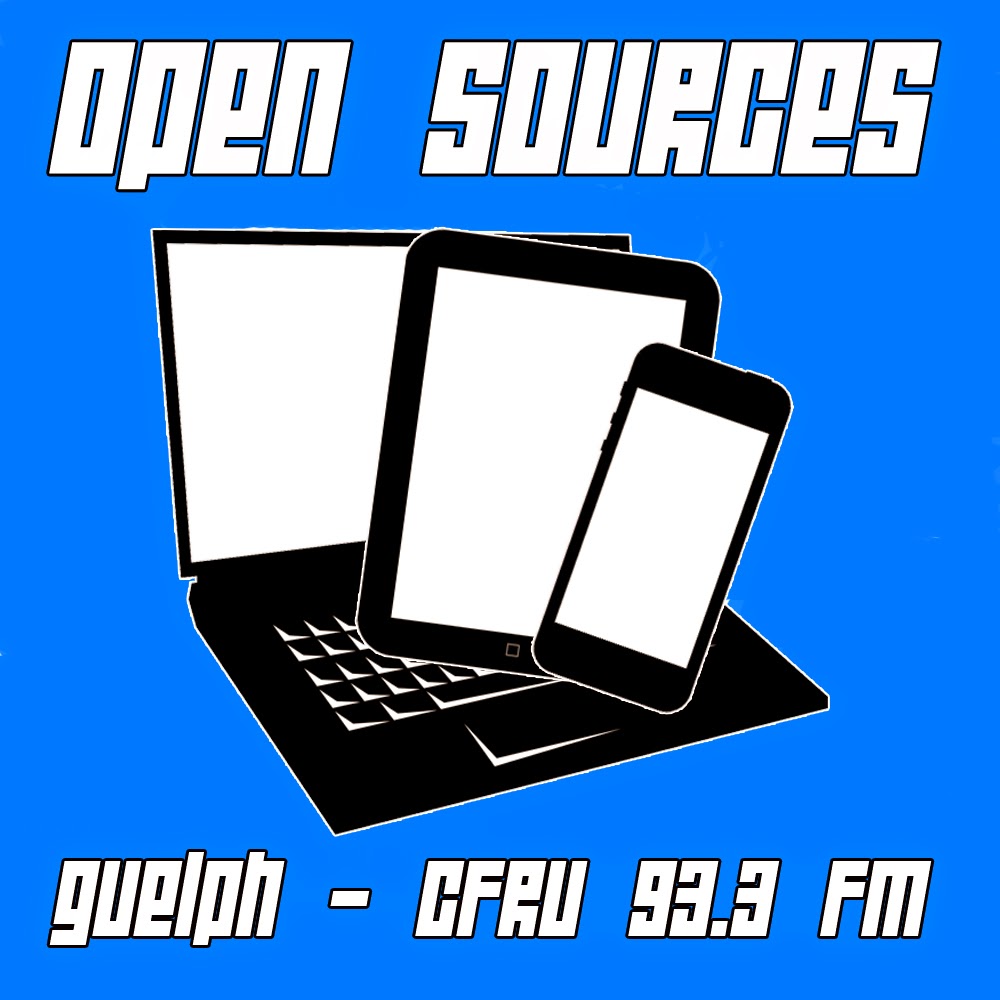On Tuesday, the Federal government dropped the first budget under Prime Minister Justin Trudeau. The big message from the national coverage has been the nearly $30 billion in deficit spending and the billions of dollars in new spending on infrastructure in the hopes to spur economic growth, but since this is a Guelph-specific political site, the question should be asked: how does the Federal budget impact the Royal City?
"I saw this is a very entrepreneurial friendly budget, and something that fits really well with what we're trying to achieve in Guelph," said MP Lloyd Longfield by phone from Ottawa yesterday. Naturally, as a Liberal MP, he supports the budget, and he thinks there's a lot in there worth getting exciting about.
"What really jumped out at me was treating Canada as an innovation centre, that's something we've been really working on in Guelph, and it really fits in well with communities like Guelph," Longfield explained adding that new money for scientific research is a special highlight for him. "The scientists haven't seen this kind of investment in a long time, and you need to have that just as pure science because you don't know what you don't know until you start doing discovery, and that can maybe find a home in new businesses."
The biggest spending item in the budget though was infrastructure, $60 billion will be spent over the next five years across various sectors including $3.4 billion earmarked for public transit alone. According to the budget, 71 per cent of that money will go to transit in Ontario and Quebec, but how much might Guelph see of that amount?
"The best thing about the transit funding is that it's going to be allocated according to ridership," said Longfoeld. The money will be available for Guelph Transit, it will not be a competitive application process per se, and of course there's going to have to be direction as to where the money is going that Guelph will have to provide."
That direction will be for new transit infrastructure specifically, like buying new buses, or building new shelters. "Some communities are running pilots with electric buses is another example," Longfield added.
An additional $3.4 billion will be made available for social infrastructure, which Longfield said will include new money for housing for seniors and people on low income. At the same time, $1.4 billion will be spent to encourage the construction of affordable housing. "The idea is to give developers some incentive through tax breaks to build housing that people can afford," he said. "There's some detailed discussion that's going on that will be announced on how this rolls out through the CMHC (Canada Mortgage and Housing Corporation), and how much of it might be available for ongoing subsidies for affordable housing."
The budget also helps post-secondary students by increasing the Canada Student Grant by 50 per cent, to $3,000 a year from $2,000 for students from low-income families and to $1,200 from $800 for students from middle-income families. "The goal is to get more money into the pockets of 360,000 students a year through the federal funding programs, and help with economic development, with jobs, with people starting companies, and doing that through higher education," Longfield explained.
"The summer jobs program has $300 million over three years, and the goal is to create an additional 35,000 youth jobs per year, and so the first of the three years is right now and we're hoping that Guelph will see 400 jobs through that program, but we haven't got the final numbers from applications yet."
There is also help in the budget for unemployment, and while the focus was on the thousands of people put out of work in the oil patch, there will be more changes to unemployment going forward. "There are eight areas across Canada that are seen as 'high risk' areas," Longfield explained. "We're going to be working on overall changes going forward, there will be more details to follow on the changes to E.I. we've been talking about in the House."
By and large, much of the discussion on the budget has been about the $29.4 billion deficit this year, and the $29 billion deficit over the next two years. In fact, the government is projecting deficits on through to 2020/21, but Longfield said that the larger than expected amount of red ink needs to be put in context. "There's an interesting report that we got from the Library of Parliament this morning that said the deficit, without touching anything, with the oil price going from $100 a barrel to $44, is $18 billion, and so the additional spending of about $10 billion is right in line with what we talked about during the campaign," he said.
"What we are looking at is that we've been very conservative on our growth," Longfield explained, adding that there's also $6 billion in a contingency fund in case the economic picture gets worse. "We haven't included the economic growth we're trying to achieve with these programs, so hopefully when that comes in we will see improvements to these numbers. It's a pessimistic budget it terms of revenue coming back to the government and we're hoping what we're doing is going to be successful and that we can show better results than what we've put into the budget, but we're not going put numbers into the budget that are not going to be achieved."
Despite that pessimism, Longfield says he's looking forward to getting down to work on implementing the budget since it touches on a lot of his committee work. "It really fits well with what I'm doing so I've very excited. I think we've got a lot of good stuff ahead," he said.
Meanwhile, back at City Hall, Chief Administrative Officer Ann Pappert had this comment to offer about the Federal Budget:
Local Reaction to the Budget
As Longfield explains how Ottawa is going to make things happen for cities, Guelph's mayor and staff are eagerly waiting to partake in the promise of the Federal government's plan. "There seems to be a lot for municipalities in the budget," said Mayor Cam Guthrie. "From what I also see, there seems to be a few main themes for municipalities like social housing, water, wastewater, clean tech, green infrastructure and overall infrastructure. So even just in those themes in the budget, Guelph is lined up for every single one of them."
The Chief Administrative Officer agrees that Guelph is well situated to take advantage of the budget's offerings. "New funding for infrastructure data and asset management capacity building also aligns well with work the City is undertaking in 2016," said Ann Pappert via email. "And the new cost sharing funding model recognizes the limited funding capacity of municipalities and the growing infrastructure gaps in Canadian communities, particularly older communities like Guelph."
At a special city council meeting last month, the mayor, councillors and staff began the process of reviewing Guelph's numerous infrastructure demands with both Longfield and MPP Liz Sandals in attendance. "Both staff and council are already proactive on identifying our needs," explained Guthrie. "We were waiting for the budget to come out to see if the needs we had were addressed, and it seems that they definitely do line up and now we need to see how we access those funds."
"After proactive work with City Council, Guelph is poised to take advantage of the first phase infrastructure funding with a variety of shovel ready projects that will have significant benefits for Guelph’s economy and citizens," added Pappert.
The next step? "Now I want to work with Lloyd and see if there are application processes that are required, or other ways we need to make sure that Guelph is forefront on making sure our needs are known," Guthrie said. "I know Lloyd is going to be available to me and our administrative staff to navigate those next steps so that we can get to what Guelph needs in front of the decision makers."


















No comments:
Post a Comment